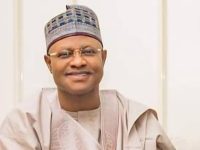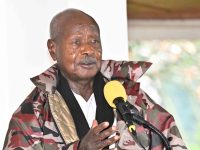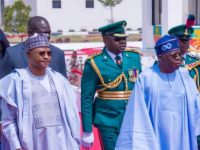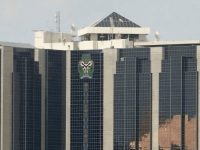Nigeria’s Foreign Reserves Surge to $46.7 Billion as Investor Confidence Rises
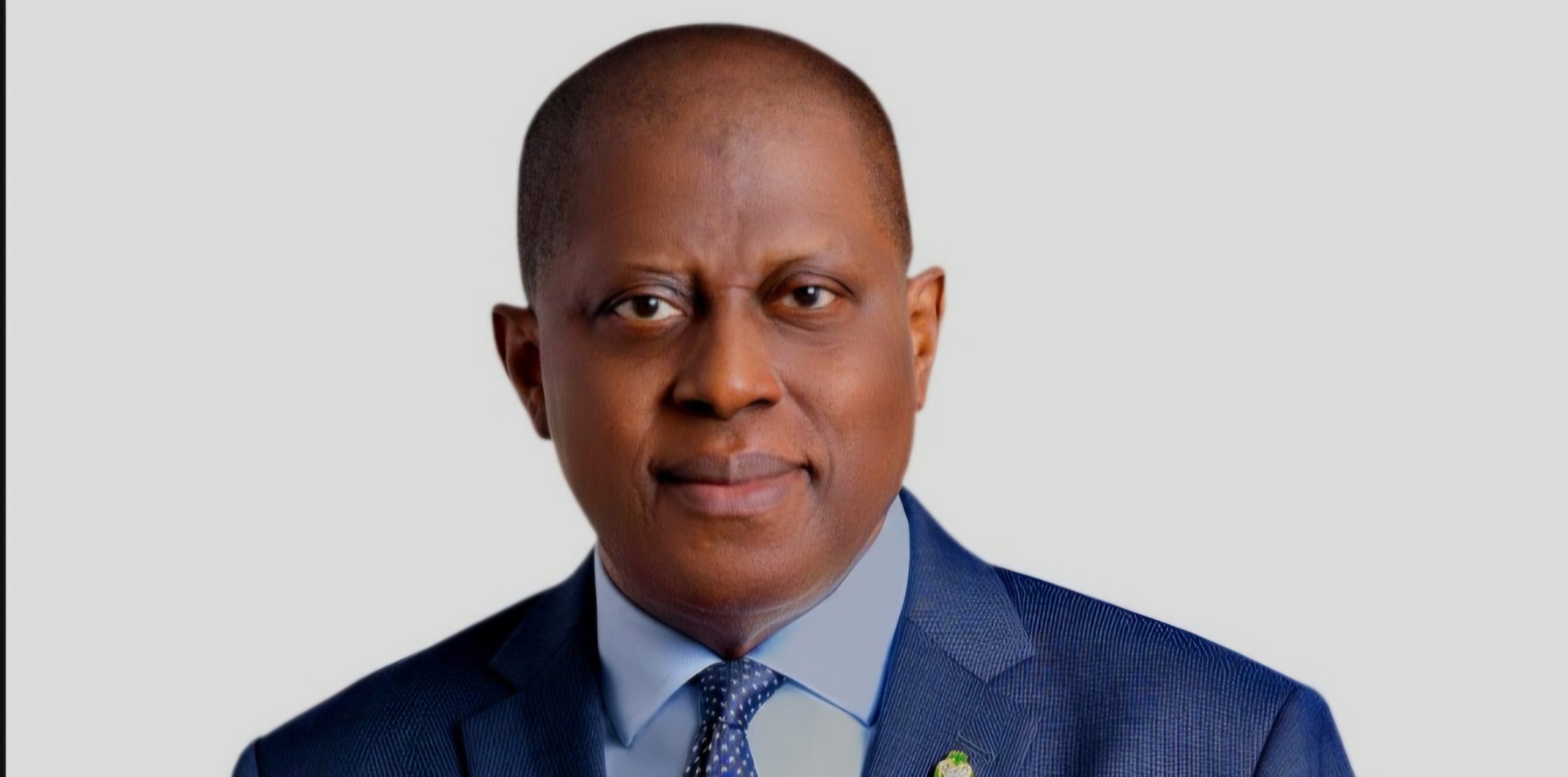
By Nasir Dambatta
Nigeria’s foreign reserves have surged to $46.7 billion as of November 14, 2025, marking a significant boost for the economy amid renewed capital inflows and strengthening investor confidence. The Central Bank of Nigeria (CBN) disclosed the development during the 20th anniversary celebration of its Monetary Policy Department, describing the rise as evidence of improving macroeconomic fundamentals.
CBN Governor Olayemi Cardoso, represented by Deputy Governor Muhammad Sani Abdullahi, said the upward trajectory reflects renewed trust across various asset classes, driven by ongoing reforms, stronger oil revenues, and healthier balance-of-payments indicators. He noted that the recent upgrade of Nigeria’s sovereign rating by major global agencies, including S&P’s shift from stable to positive, has played a key role in attracting foreign portfolio investments. Cardoso also highlighted Nigeria’s removal from the Financial Action Task Force (FATF) Grey List, which he described as a major confidence-booster that validates the country’s compliance with international financial integrity standards.
He added that these gains are already translating into greater currency stability, improved investment flows, and stronger economic resilience. Cardoso reaffirmed the CBN’s readiness to transition fully into an inflation-targeting regime, describing it as a strategic move that will strengthen policy credibility, anchor expectations, and enhance the transmission of monetary decisions across the economy.
Also speaking, Director of the Monetary Policy Department, Dr. Victor Oboh, reflected on the department’s evolution from a foundational unit into a globally competitive centre for macroeconomic research and policy analysis. He said the shift to inflation targeting is progressing steadily and has contributed to softening inflationary pressures, stabilizing exchange markets, and supporting reserve accretion. Oboh urged continued innovation in responding to emerging challenges such as climate risks, digital finance growth, and global economic fragmentation, insisting that Nigeria’s monetary policy must remain dynamic and forward-looking.
With foreign reserves hitting $46.7 billion and policy reforms gaining traction, Nigeria appears to be turning a crucial economic corner. Analysts say the combination of improved ratings, rising inflows, and the CBN’s commitment to transparency could set the stage for a more predictable macroeconomic environment, enhanced investor confidence, and sustained economic growth.


